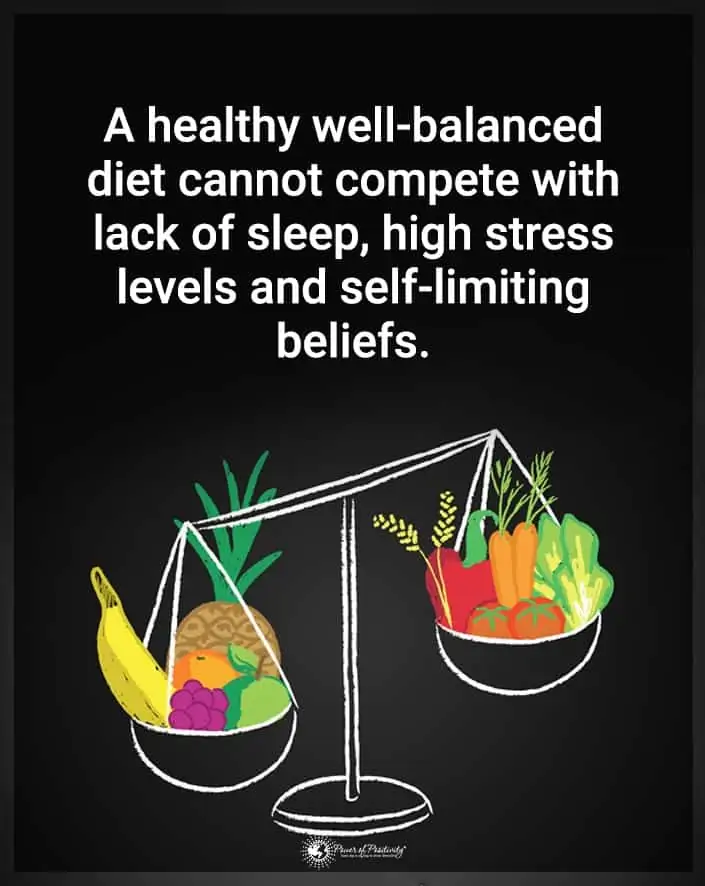Heart attacks are one of the leading causes of death in the U.S. We have no established culture of taking better care of our cardiovascular system. The average age for heart attacks is dropping because many heart defects are carried in the family. Genes are the one thing you can’t help when it comes to your health. Fortunately, you can help reduce the odds of coronary disease by taking supplements for heart health.
Positive thinking alone won’t cut it. You will need to take certain measures to make sure your heart is in a good state. Aside from keeping generally healthy and fit, the best step is to provide your body with vitamins that will look after your heart. Many natural ingredients are easily accessible and fairly cheap. So don’t hesitate and add these five supplements for heart health to your next shopping list!
Note: Always consult your primary care physician before starting any new regimen.
Here Are Five Supplements for Heart Health Never to Overlook
“Small changes in diet don’t have much effect on preventing coronary heart disease and cancer. But bigger changes in diet and lifestyle may prevent heart attacks in almost everyone.” – Dean Ornish
1. Magnesium
An article published in Hippokratia identifies hypomagnesemia or a shortage of magnesium as a significant factor in coronary health.Lots have been written about the almost magical powers of magnesium; however, a magnesium deficiency is a lot more damaging than you might think. As a natural relaxer, magnesium widens your arteries, making it easier for your heart to pump blood through your body.
Therefore, the strain on your heart lessens, as does your blood pressure. You can find many natural magnesium sources, but scientists are unanimous that no one gets as much magnesium as they should. So, invest in some magnesium supplements. Even better, take a long, relaxing bath with magnesium salts, and you’re certain to improve your cardiovascular health!
The National Institutes of Health warns that a magnesium deficiency can also contribute to the following negative health consequences:
- Type 2 Diabetes
- Migraine headaches
- Osteoporosis
How Much Magnesium the Body Needs
How much magnesium do you need to prevent these problems? That same NIH article recommends the following daily intake:
- Birth to 6 months: 30 mg/male; 30 mg/female
- 7 to 12 months: 75 mg/male; 75 mg/female
- 1 to 3 years of age: 80 mg/male; 80 mg/female
- 4 – 8 years of age: 130 mg/male; 130 mg/female
- 9 to 13 years old: 240 mg/male; 240 mg/female
- 14 to 18 years old: 410 mg/male; 360 mg/female
- 19 to 30 years of age: 400 mg/male; 310 mg/female
- 31 years of age an greater: 420 mg/male; 320 mg/female
Also, note: You may need greater amounts of magnesium while pregnant or lactating, but you should consult your doctor before supplementing. That’s because most prenatal vitamins will cover this extra care you need.
2. Omega-3 Fatty Acids
No one likes the taste of fish oil. But the word among the scientific community is clear. Omega-3s fatty acids are one of the healthiest vitamins for your heart.
Natural sources of omega-3 fatty acids are fish and flaxseed. However, you can also get supplements in tablet form from any pharmacy. The most important quality of omega-3s is their anti-inflammatory effects. Inflammation can be very dangerous for your heart and can cause many other degenerative diseases as well. Besides, a regular high intake of omega-3s can also help manage other conditions such as ADHD.
A report by the National Institutes of Health explains how researchers in the 1970s started to notice how native Alaskans enjoy a lower rate of deaths from coronary diseases. They attribute that reduced risk to their consuming a diet rich in fatty-acid-dense fish. Since then, one research team after another drew the same conclusion.
Omega 3s Are More Than Just a Supplement for Heart Health.
Besides being an excellent supplement for heart health, fatty acids can help fight these other concerns:
- Metabolic disorders
- Type 2 diabetes
- Ulcerative colitis
- Crohn’s disease
- Inflammatory bowel disease
- Rheumatoid arthritis
- Renal disease
- Osteoporosis
- Alzheimer’s disease
- Multiple Sclerosis
- Parkinson’s disease
- Asthma (research is ongoing, but it’s worth noting that it’s worth a try while scientists investigate)
3. Vitamin K2
We’ve all heard of vitamin K as the vitamin that encourages blood clotting. Perhaps you’ve also read that hemophiliacs have a dangerously low level of vitamin K. Still, not many people know that blood clotting is a function of Vitamin K1. At the same time, Vitamin K2 regulates the spread of calcium in the body.
According to research, calcification or an excess calcium build-up can be a predictor of arterial disease. Thus, this calcification is a prevalent reason for heart disease.
It’s important to keep a good level of Vitamin K2 in your body; make sure to eat eggs, where you can find it naturally. Other natural foods that contain Vitamin K2 are organ meats, such as liver, leafy greens, and vegetable oils. But if you don’t consume these frequently enough, you might have to take them as a supplement as well.
A Warning About Taking Vitamin K as a Supplement for Heart Health – Interactions With Other Medicines
The NIH warns that Vitamin K can cause negative outcomes for people who take specific medications. If you take any of the following medicines, check with your doctor or pharmacist before you start supplementation:
- High blood pressure medications, like Warfarin
- Specific antibiotics
- Cholesterol control medicine
- Weight loss pills or supplements
How Much Vitamin K the Body Needs Each Day
- Birth to 6 months: 2.o micrograms (mcg)
- 7 to 12 months: 2.5 mcg
- 1 to 3 years of age: 30 mcg
- 4 to 8 years old: 55 mcg
- 9 to 13 years old: 60 mcg
- 14 to 18-year teens: 75 mcg
- Adult males over the age of 19: 120 mcg
- Adult males over 19 years old: 90 mcg
- Pregnant or lactating teenager: 75 mcg
- Lactating or pregnant adult women: 90 mcg
4. Coenzyme Q10
Also known as CoQ10, this is one of the most common supplements that promote good cardiovascular health.
In fact, one clinical trial studied people who survived myocardial infarction. They found that the control group taking CoQ10 was far less likely to suffer an additional cardiac event within a year than those who did not supplement for heart health with this enzyme.
Heart Specialists Offer Advice on This Supplement for Heart Health
The Cleveland Heart Lab team advises you to keep these expert tips in mind when taking Coenzyme Q10:
- Always take this fat-soluble with a meal. This habit helps your body absorb it.
- Ask your doctor for a blood test before you try supplementation. They can only determine if you need this through testing.
- If your HDL, or “good cholesterol,” runs low, you’re more likely to need to supplement with CoQ10.
- Stay consistent with your supplementation routine.
5. L-carnitine
Like CoQ10, L-carnitine is one of the vitamins that heart attack patients are treated with during the immediate aftermath. Its function is to transport important vitamins like omega-3s and K2 into the cells. In other words, all the other vitamins and supplements that you take to improve your health will benefit from L-carnitine.
In addition, it also helps with tissue damage and with the consumption of fats. L-carnitine is significant because, without it, the vitamins you take won’t reach their intended destination – the heart. Consider it the highway, which the other vitamins will take to help you get better.
Here’s how it works for cardiovascular health, according to science. L-carnitine helps to nourish your myocytes, tiny cells that occur in your heart. That function is essential because the myocytes send out the electrical signal that makes the heart muscle contract. In other words, healthy, well-function myocytes support a good, strong heartbeat.
Final thoughts on Using These Supplements for Heart Health
Many products advertise themselves as being good for your heart, so don’t just trust anything. Natural products are always good, but some companies are out there just for profit. The five vitamins we listed are by far the best of the best to look out for. And remember, if you have an existing condition, always consult your doctor before starting a supplement.


















